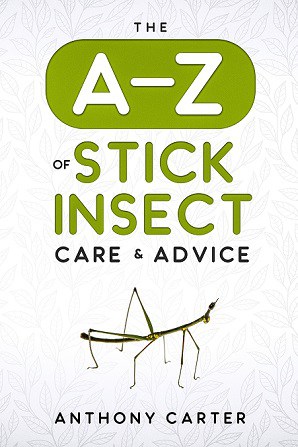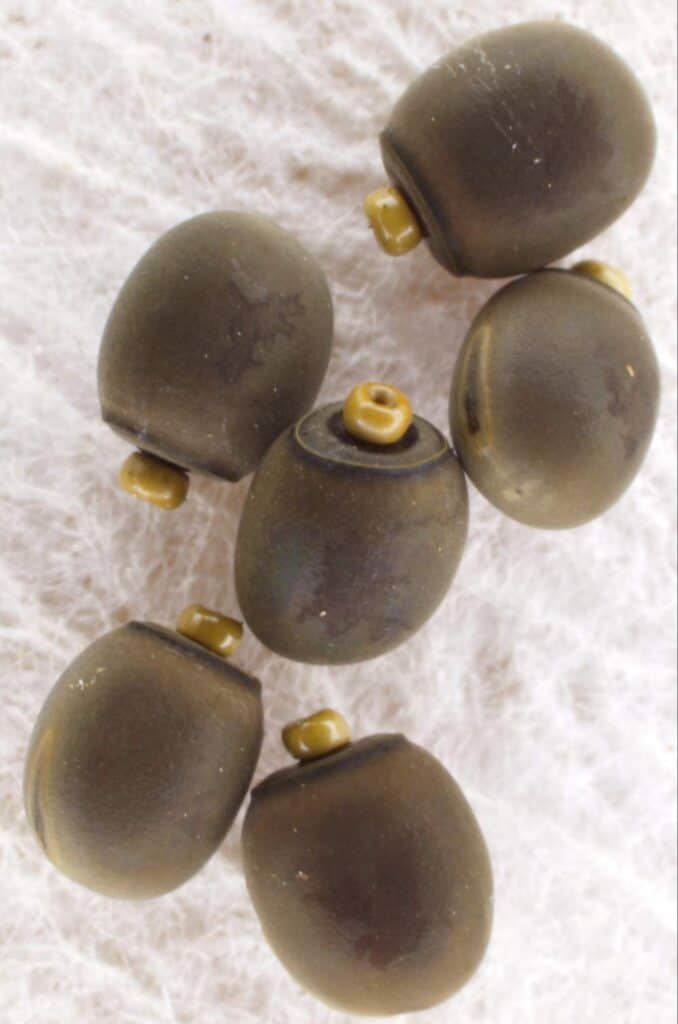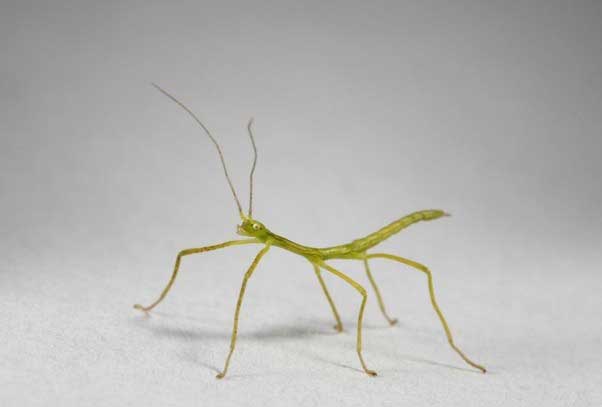Table of Contents
Some species of living creatures are known for cannibalistic behaviour, including eating their babies. Stick insects are not among them. As herbivores, stick insects only eat plant life. They could not eat their babies even if they wanted to because their bodies do not possess the necessary tools to consume and digest flesh.
Knowing why certain kinds of animals eat their babies might make it easier to understand why this practice doesn’t occur among stick insects. At the top of the list is helping most of their babies survive.
For more advice and information on keeping and looking after stick insects, check out my ebook on Amazon click here
(opens in a new tab).

Protecting the Brood
In some species, like certain scorpion species for example, mothers bear so many young at once that they face a scarcity of food sources. They choose the weakest among their broods to eat, using their own offspring to feed themselves while simultaneously ensuring that the remaining have a greater chance at survival.
species for example, mothers bear so many young at once that they face a scarcity of food sources. They choose the weakest among their broods to eat, using their own offspring to feed themselves while simultaneously ensuring that the remaining have a greater chance at survival.
Stick insects do not form family-like units that depend on one another for survival. Stick insect females lay eggs and then forget about them. Nymphs hatch as loners that naturally know how to feed themselves and will do so without any help. Thus, there is no need for a mother to make this sort of survival decision.
and then forget about them. Nymphs hatch as loners that naturally know how to feed themselves and will do so without any help. Thus, there is no need for a mother to make this sort of survival decision.
Deterring Predation
Still other species will eat their young if babies are especially weak or sickly. They do so to keep predators away. But again, this type of behaviour seems limited to species in which a bond is formed between mother and child. No such bond exists for stick insects. Their means of deterring predation are camouflage and flight anyway, so eating weak or sickly babies would not make much sense.

Confusion with the Praying Mantis
Those who assume stick insects might eat their babies might be confusing the creatures with the praying mantis, another kind of insect that visually resembles plant life. The praying mantis is not known to eat babies either, but female mantises do frequently consume their mates (or at least the heads) after insemination in order to provide nourishment for eggs.
Even stick insect nymphs eating their own moulted skin doesn’t indicate any need or tendency toward cannibalism. So in short, stick insects do not eat their babies. They are herbivores interested only in plant life. Rest assured your stick insect will not hunt down babies and eat them after eggs hatch. In all likelihood, your stick insect will take no notice of nymphs after birth.

